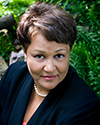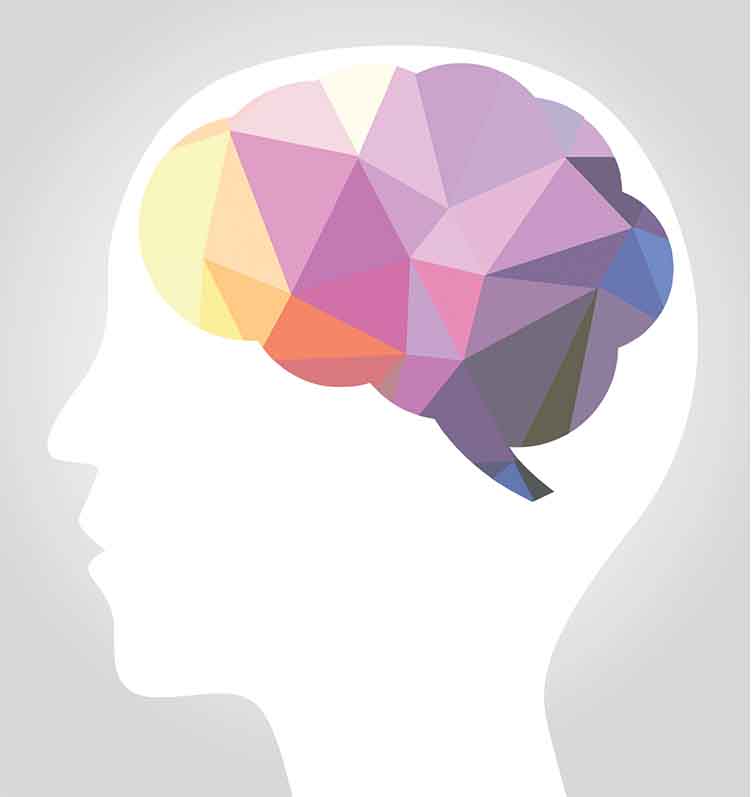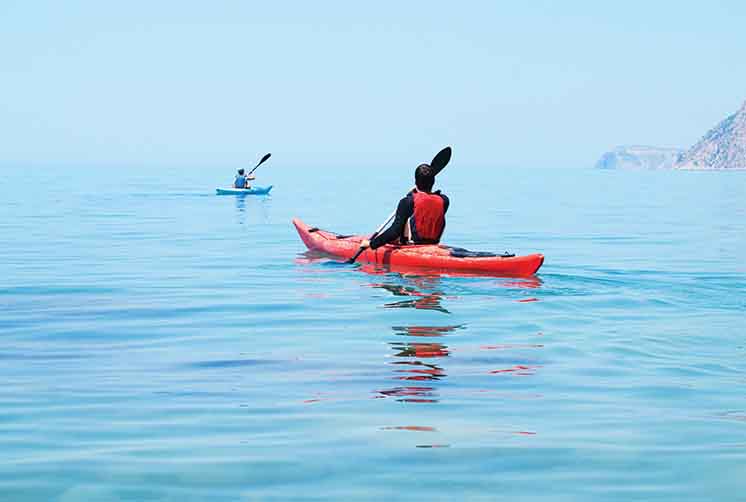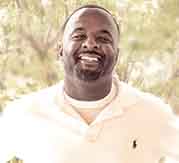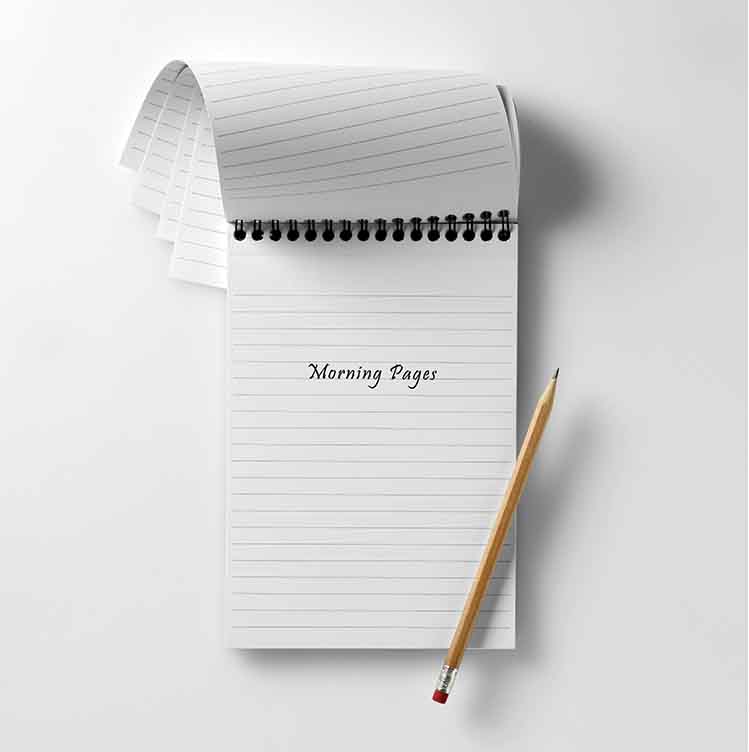VOLUME XIV / APR 2014
Two Dreams is a wellness program led by Andrea G. Barthwell, MD, FASAM that provides individualized care for those who dream of recovering a healthy lifestyle.
NOTE FROM DR. B.
With the recent arrival of warmer weather, comes a sense of renewal and peace. Find out what peace means to you this month, and discover ways to sustain that feeling within yourself.
I have included below a recent article written about my most recent Parents Academy lecture. Informing parents on how to guide their children through young adulthood is a project of mine that is very near and dear to my heart. I am thankful for the people in Barrington, Illinois who share my passion for this topic, as we fight to find solutions together.
VOLUME XIV / APR 2014
Two Dreams is a wellness program led by Andrea G. Barthwell, MD, FASAM that provides individualized care for those who dream of recovering a healthy lifestyle.
NOTE FROM DR. B.
With the recent arrival of warmer weather, comes a sense of renewal and peace. Find out what peace means to you this month, and discover ways to sustain that feeling within yourself.
I have included below a recent article written about my most recent Parents Academy lecture. Informing parents on how to guide their children through young adulthood is a project of mine that is very near and dear to my heart. I am thankful for the people in Barrington, Illinois who share my passion for this topic, as we fight to find solutions together.
MONTHLY PROMISE
#4: “We will know peace.”
By: Brett Dunning, TDOB Clinical Director
The saying “Peace of Mind” in today’s society is often over-used. It is a phrase that individuals use for safety, comfort, and security during these stressful and hectic times of deadlines, appointments, and responsibilities. Individuals place such an emphasis on the need for “Peace of Mind” that it is often correlated in obtainable goods (material items, a particular destination, relationship and/or elimination of a relationship). It saddens me to see “Peace of Mind” viewed as a possession for it often leaves the pursuer feeling empty.
“Peace of Mind” cannot be willed and achieved directly. In essence I have learned the more I think about having “Peace of Mind” the less I actually have. By acknowledging my desire for any “Peace of Mind” is in actuality the acknowledgement that I would be better off in another place [or state of mind] that I am currently in.
Through my experience, true “Peace of Mind” is achieved through reflection, acceptance, tolerance, faith, and trust. I need to reflect on my life and accept the most harmful and deepest emotional wounds. I needed to reflect on how I had also caused others pain, and forgive myself in the same manner that I forgave others who have hurt me. Through forgiveness comes tolerance of others, for I have seen how I have caused pain in others’ lives and are more tolerant when others do the same. I today have a sense of trust and faith in humanity that I have never experienced and can tolerate mistakes by myself as well as others.
I do not understand why they even call it “Peace of Mind” to be completely honest. I feel the saying should be “Peace of Heart” because I feel warmth amidst chaos that things will be alright and work out for the best. I know that my mind does not contribute to this feeling; my mind would only try to figure it out and therefore ruin it. “Peace of Mind” is a process of learning to let go and therefore has nothing to do with attainment.
NEWS HIGHLIGHTS
New Therapy Aims to Ease Negative Emotions
New treatments for alcohol and other substance-use disorders aim to ease the mind of anxiety and other negative emotions. A study from the University at Buffalo Research Institute on Addictions (RIA) suggests a new type of therapy for moderating negative emotional states called, Affect Regulation Training (ART). ART is used to help patients identify the situations in which they are at high-risk for using, and then help them manage those situations in a safe environment.
Smoking Cessation Possible During Treatment
The EEG Institute in Woodland Hills, California is rethinking the approach to dealing with substance-use disorder among veterans, noting that “52% of men with PTSD are diagnosed with alcohol-use disorder and 34% suffer from substance-use disorder.” For the past several years, the EEG Institute has been using EEG biofeedback, a.k.a. Neurofeedback Training (NFT), to treat the underlying physiological problems of PTSD, rather than the psychological symptoms that come along with the disorder. Dr. Siegfried Othmer, director of the EEG Institute, maintains that using NFT to bring the brain back to a resting state has been successful at reducing many of the symptoms of PTSD, including substance use. Dr. Othmer indicates that the anxiety caused by the brain not being able to reach a resting state, is one of the factors that leads those suffering with PTSD to turn to self-medication options, such as substance use.
COMMUNITY
“Whatever we are waiting for – peace of mind, contentment, grace, the inner awareness of simple abundance – it will surely come to us, but only when we are ready to receive it with an open and grateful heart.”
By: Aubrey Briggman, TDOB Operations Manager
The weather is getting warmer each day! We are able to utilize many different outdoor activities. We spent an afternoon at Jeannette’s Pier fishing recently; this activity gave each person some time to sit and be quiet with themselves and find some peace. Coming up we will all be going on a kayak tour at Pine Island Audubon Sanctuary, this is a very tranquil activity and will give each person some time for reflection. This is specifically geared for solitude and starts with a nature walk to the secluded water trails. Due to the warmer weather approaching we will also be able to spend some time at the beach. There are plenty of activities to do on the beach such as kite flying, sports, sea shell collecting, swimming and other water activities. The ocean is a source of peace as well, humbling each of us with its beauty, power and mass.
STAFF HIGHLIGHT
By: Jon Oelke, TD Program Manager
Anthony is residential support specialist at Two Dreams Outer Banks. Anthony graduated from the Axia College of the University of Phoenix with an Associate’s Degree in Arts. His primary roles are to diligently monitor clients’ safety, interact with them in a positive way when they’re having difficulties, and provide general day-to-day assistance. Two Dreams is not Anthony’s first role handling sensitive, potentially volatile situations. Before working at Two Dreams, Anthony served in the US Army as a cannon crew member, delivering and unloading ammunition safely to specified locations and training future Army officers.
Truly, dedication is a word synonymous with Anthony McGilberry. Dedicated service to Two Dreams, dedicated service to his country, and dedicated to his family and community. When he’s not giving tirelessly to Two Dreams, Anthony enjoys spending days with his loving son, and hopes to have a positive, profound influence on youth through music, mentoring, and other communication techniques. He also enjoys playing basketball, writing music and even has even authored a book.
THE 3P’S
mental peace – physical well-being – personal productivity
Morning Pages
By: Kara Hamilton, Assistant Art Director
Morning Pages – A great new idea to help achieve and sustain your peace of mind. Created by Julia Cameron, the idea is to write three pages of longhand, stream of consciousness writing, as the first thing you do in the morning everyday. The purpose is not to share with anyone but yourself, and to do as a means of instilling self-awareness by transcribing your thoughts.
As blogger Nicky Hajal states, “The odd thing about getting your thoughts out of your mind and reflecting on them in writing is that you end up internalizing them even more. You’re able to ask yourself questions and approach situations from multiple angles. You acknowledge more of what’s going on and understand events in a deeper way.”
Here are a few pointers for starting
- Start with an old notebook that you aren’t afraid to mess up the pages.
- If you dread the thought of long hand, try using the computer.
- Choose a comfortable setting (try your favorite chair, or a seat by a window)
- Try getting up just 20 minutes earlier than normal.
- Give it a try! **If the initial task seems too daunting, start with one page or three sentences.
Sid Says
By: Sid Miltz, Executive Clinical Director
I love spring and I love summer even more. This winter has been harsh… but what is wonderful is the anticipation that just right around the corner are glorious sun filled warm days! The joy! All the anticipation of a robust and vigorous filled spring and summer. This thought places me in an emotional state of tranquility that some call peace of mind. It is hard to sit here and write about it and not run outside to experience it.
Recovery is like this. Addiction is a harsh winter… but when you begin to heal and you work hard and things start “flowing” into place, what a great joy. To know that you have not been a victim of your illness but a conqueror and are spared, this is true peace of mind that places everything in perspective. How lucky we really are! How fresh the air. How wonderful the sun shining on your face.
I have tried to engage in some deep thinking on the things that are now within your control as a recovering person and here is some “Sidology.” To obtain and keep peace of mind I can only tell you what helps me. By the way, they are all related.
1. Do Not Control. I now realize I control almost nothing. Control is a total illusion. I can make plans and I can hopefully make healthy choices and actions but most outcomes are not up to me. This does not mean I can avoid the responsibility of always doing my best in the moment.
2. Being In the Moment. I can make plans for the future and this is wise. But, I can only live this moment. Living in the now is a great tool for freedom and peace of mind. Live now in the healthiest way you can because you will never get this time back.
3. Don’t Be A Victim. We all struggle. Bad things happen. The moment you start comparing your bad thing to someone else’s bad thing, you are in the problem not the solution. Life is a series of learning lessons. It is not that bad things happen, it is how are you going to use what happened to get to a better place for you or even others.
4. Be Creative. I wanted to be an artist and in my heart I am one. Just one problem. I have no talent. I do have creativity so I dabble in the arts for the fun and creativity it brings. Even the latest scientific research states that those who declare themselves with the most happy lives also have a creative outlet. Do something, talent not necessarily needed.
5. Have Gratitude. The most important thing in the world. We are so blessed and we don’t even know it. We have people that love us, have shelter, have nourishment, have skills and abilities, have opportunities to not only live but thrive. As recovering people we can do anything. We are not debilitated any longer by the dark force of addiction. We fought, we won!
Thank you to our content contributors:
- Dr. Andrea Barthwell – Founder
- Sid Miltz – Executive Clinical Director
- Brett Dunning – TDOB Clinical Director
- Jon Oelke – TD Program Manager
- Aubrey Briggman – TDOB Operations Manager
- Kara Hamilton – TD Art Director
For admissions and all staff call us at: (504) 510-2331
© 2014 Two Dreams Outer Banks. All Rights Reserved.

